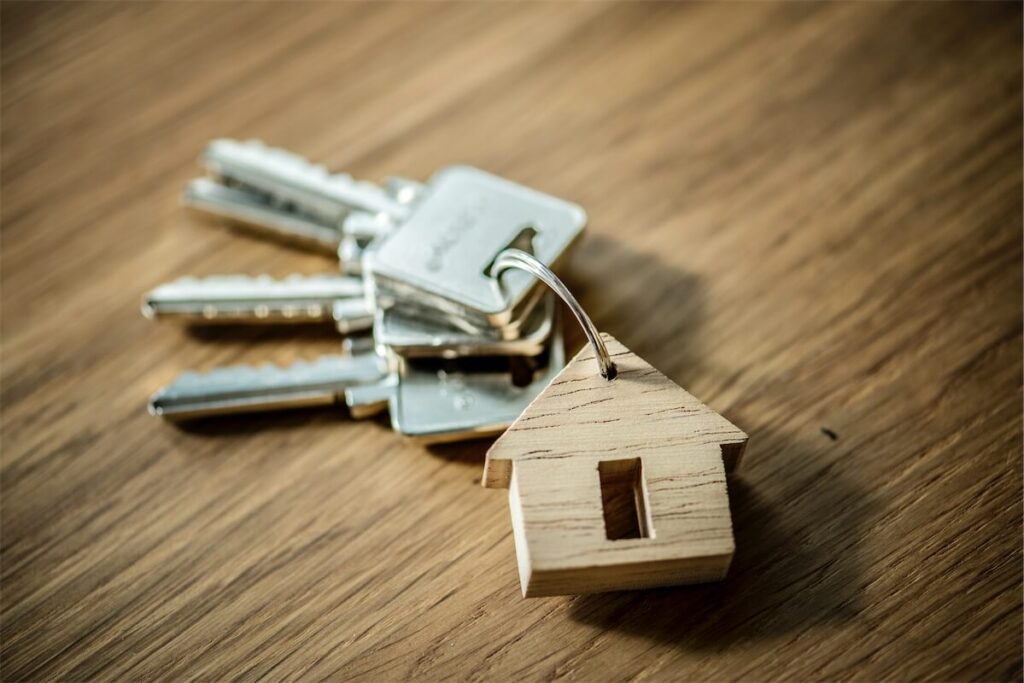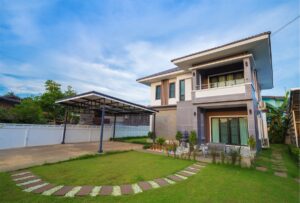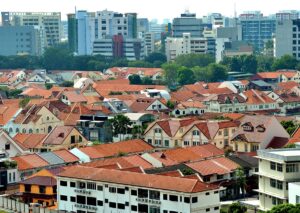So you’ve crossed the HDB milestone and have reached a point in life where you feel the need to take the next big step in your property journey – upgrading from an HDB flat to a condo.
This is a big move, and the biggest concern is, of course, if you can afford it. You might’ve crunched all the numbers already. But there’s still plenty that could go wrong. You’ll want to make sure you’re not making any financial missteps that could put you in a bad spot.
What’s the point of upgrading if you’re going to be fraught with financial consequences? Learn from the experiences of numerous Singaporeans who’ve transitioned through the upgrade from HDB to a condo. Here are some of the major mistakes to avoid at all costs:
1. Not being prepared for unforeseen delays
Part of being able to afford an upgrade is also to make sure that you’ve got enough money set aside to get by on at least 3 months of temporary housing in case of unexpected delays.
There could be many causes for delay in the given situation. For instance, developers may take far longer than expected to finish building your condo. This is especially the case after the onset of COVID-19, which has plagued the construction sector with delays.
Even if you’re not buying a condominium that’s still under construction, keep a watchful eye out for other potential delay factors. Like if your interior designers get struck with subcontractor issues. Or if the previous owners of your resale condo delays in adequately handing over the unit for you to move into.
Many other unforeseen factors could come your way. So, it’s better to operate on the assumption that you won’t be able to move into your new home on schedule.
And if you’re lucky and don’t have to use the emergency funds you’ve saved, no harm! You can always put that money into renovations to give your new homes the spruce-up of your dreams.
2. Using your ABSD to sit on selling your “old” home
As you buy a new home, you’ll have to pay for the Buyers Stamp Duty (BSD), a stamp duty that’s paid on your property.
If you’re buying your second property before selling your first property, you’re subject to paying Additional Buyer’s Stamp Duty (ABSD), and that will be 12% (assuming that you’re a Singapore citizen) of your new home’s price, or valuation, whichever is higher.
However, you get to have your money back if you sell your old home within 6 months of buying your new home. The process of getting your money back is called ABSD remission.
Now, here’s a classic mistake that many Singaporeans make. Don’t treat your ABSD remission as a luxurious timeline that you can use to delay the sale of your old home. It may be very tempting to wait the whole 6 months and try to get the best price on it.
Remember to consider unforeseen circumstances — what if you get a last-minute buyer who decides to back out of the sale? While they may lose some money (like their option fee) to you, it’ll be nothing compared to what you’ll lose on your ABSD.
To make the best of your upgrade, it makes the most financial sense to begin looking for a buyer for your old home early.
That way, you’ll save yourself any unpleasant surprises when you upgrade from HDB to a condo.
Learn more about how you can avoid ABSD when buying a second property here.

3. Thinking that your HDB sales profit is equal to the amount of cash you’ll get
Suppose your HDB home is valued at more than the amount you paid for — selling the HDB home you bought at S$300,000 for S$400,000? That’s great! Is that a whopping S$100,000 profit you’re making? Well… technically, but not exactly.
Don’t let the financial implications sneak up on you.
Is there any part of your HDB loan or purchase that you paid for with CPF? If yes, you’ll have to put that amount back into your CPF account, with an accrued interest of 2.5%. That’s the amount that you’ve taken from your account, plus the amount that it would’ve earned via interest if you hadn’t.
Imagine you took a 10-year HDB loan of S$300,000 for your house. Let’s assume you used your CPF to pay off this entire amount.
Here’s how much you’ll have to put back into your CPF to sell your home after 10 years. We’re also taking into consideration the 2.5% compounded interest rate with a monthly interest frequency:
| Purchase value of your HDB home | S$300,000 |
| 25% downpayment by cash | S$75,000 |
| 75% HDB loan at 2.6% over 10 years | S$225,000 |
| Monthly instalment over 10 years | S$2,131.32 |
| Sale value of your HDB home | S$400,000 |
| Refund of CPF usage upon sale of HDB | S$290,402 (estimated Principal & Interest) |
| Estimated cash proceeds from the sale of HDB flat | S$400,000 – S$290,402 = S$109.598 |
While the money is technically going back to your account, it means that you’ve got far less cash to spend than you might’ve thought you have.
This is something to keep in close consideration because you’ll have many cash-only expenses to tackle when you upgrade from HDB to a condo.
This includes the downpayment for your new condo and the Buyer’s Stamp Duty (BSD), which is calculated based on the purchase price or the market value of your property.
In short, it’s essential to understand your cash flow when you decide to upgrade from an HDB flat to a condo. A significant part of this depends on how much cash you’ll get from the sale of your HDB flat.
READ: Executive Condo Guide – 4 key advantages of getting an upcoming EC in Singapore
4. Not understanding the difference between HDB Loan vs Bank Loan in Singapore
Where home financing solutions are concerned, the situation is very different for HDBs, ECs, and other private properties. Specifically, you’ll no longer be eligible for an HDB loan when you’re upgrading from an HDB flat to a condo. Instead, you’ll have to seek a home loan in Singapore with a financial institution.
The loan-to-value (LTV) ratio you would enjoy with a bank loan is going to be significantly lower than your HDB loan.
With an HDB loan, you can borrow up to 90% of your home’s value, while the remaining 10% can come out of your CPF. On the other hand, a bank loan for your upgraded home can only loan you 75% of your property’s value with minimum 5% cash.
And… if this loan isn’t your only residential property loan, that amount falls to 45%. So you’ll need to pay in cash a minimum 25%, while the balance 30% can be paid for in cash or using your CPF.
So before you take your bank loan, make sure you’ve understood the overall impact that your upgrade will have on your finances. Have you got enough in your savings to the cash or CPF portion of your purchase before you can rely on your mortgage loan in Singapore?
Read more about home loan in our guide here.
Can you afford to upgrade from an HDB to a condo?

It’s always exciting to unlock another one of life’s milestones. Whether you’re looking at buying a new home to live in it or to rent it out, steer clear away from these financial mistakes.
With so many new factors and considerations in play, the home loan you pick will make all the difference for you.
The responsibility of choosing the right home loan can be an anxiety-inducing one when there’s so much at stake. We understand exactly what you’re feeling. And we’re more than ready to hear the financial concerns that are unique to you and nobody else. Let us hold your hand through the process of getting you the best mortgage loan in Singapore.
And if you end up figuring you want to wait for a little while before you upgrade from HDB to condo, don’t sweat it! Our assessments are completely non-obligatory. Contact us for a chat today.








